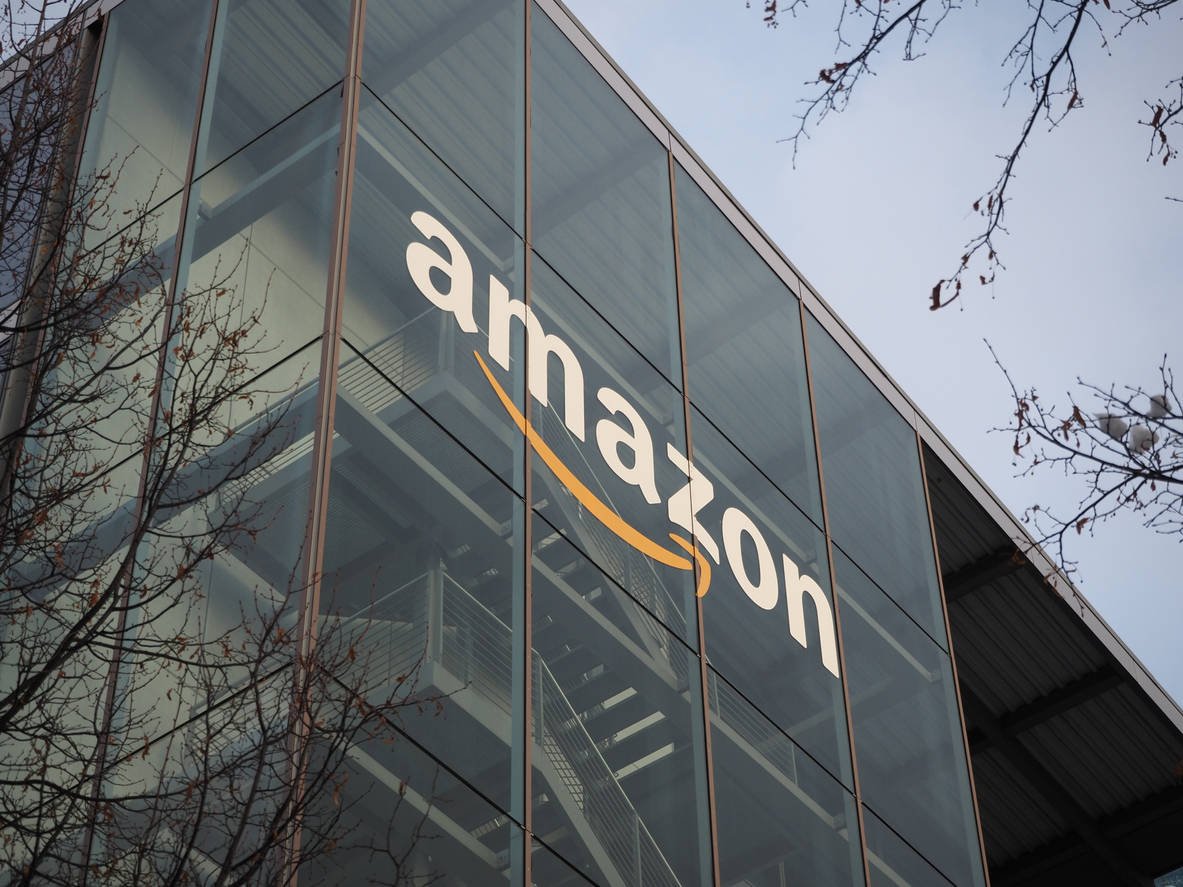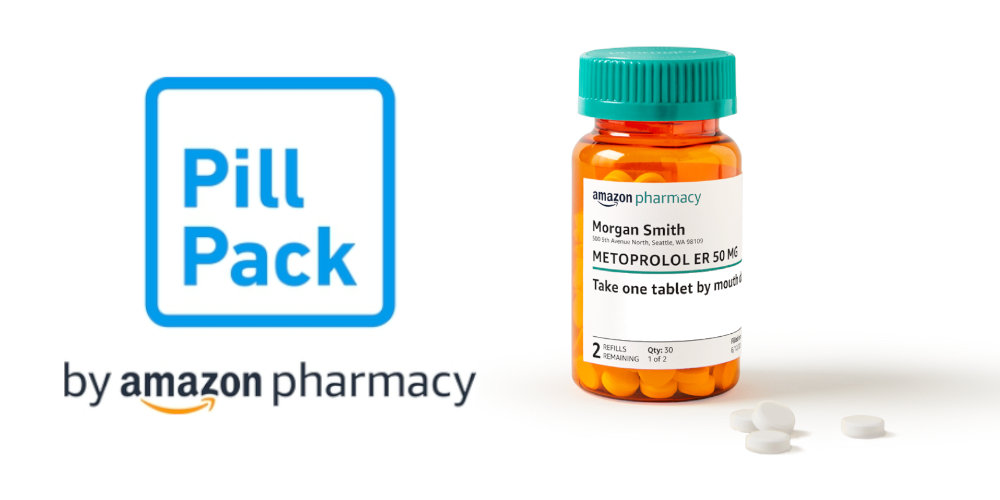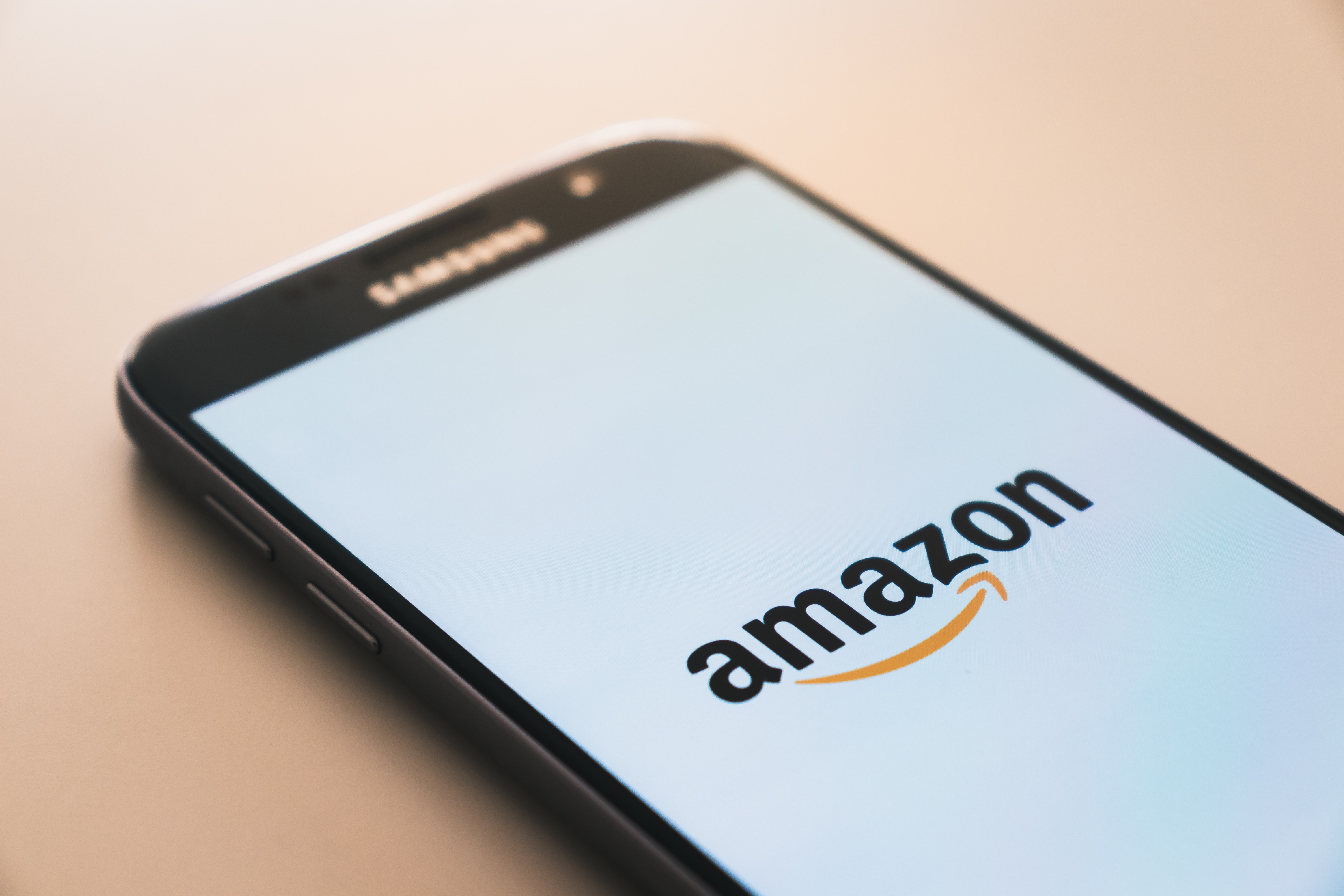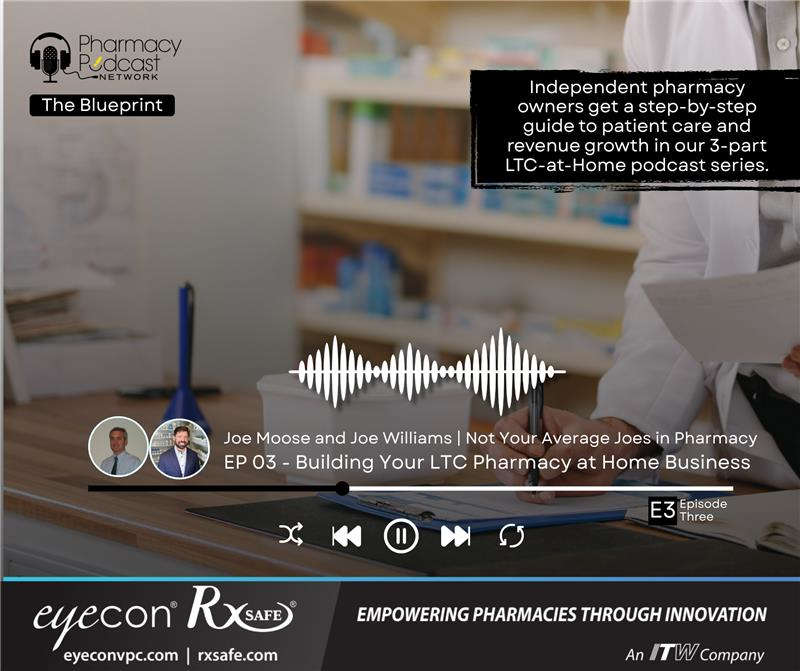
Demonstrating once again that the healthcare business is a tough nut to crack, Amazon recently laid off about 80 employees from its Amazon Pharmacy Services team. The layoffs affected pharmacy technicians and team leads from the US and Canada, while registered pharmacists were largely unimpacted. The cuts were reportedly due to a "strategic realignment" of the Amazon Pharmacy team, according to a spokesperson.
The recent downsizing comes on the heels of the largest layoffs in Amazon’s 29-year history, during which the company let go 18,000 employees over several months beginning last fall, and then announced an additional 9,000 employees would be laid off in March.
“There are always lessons learned,” Dr. Nworah Ayogu, general manager and chief medical officer of Amazon Clinic, said in an interview at the AHIP 2023 conference in Portland last month. “I think anytime you’re trying to do big things, you’re trying to do things differently, you’re not going to have a 100% hit rate. That is the nature of what happens when you’re trying to step out and really change the way things are done. But the pluses are there are a lot of learnings.”
If at first you don’t succeed…
Those learnings have been frequent and costly for Amazon. The company has launched and subsequently folded several attempts at healthcare solutions over the years, including Amazon Halo, Amazon Care, and Haven (see a timeline of the company’s major healthcare initiatives below).
The layoffs are the latest setback for Amazon Pharmacy, which has been growing rapidly in recent years. However, the company still has a significant presence in the pharmacy industry, and has made other inroads, such as launching a PBM, forging separate partnerships with Cleveland Clinic and Mayo Clinic, and acquiring businesses such as One Medical, which it purchased for $3.9 billion in 2022.
There are a number of reasons why tech companies have had difficulty in healthcare. One reason is that the healthcare industry is highly regulated. Many aspects of the healthcare system, such as insurance, are dominated by a myriad of state laws, rules, and governing bodies. This makes it more difficult for tech companies to innovate and bring new products to market.
It should also be noted that Amazon’s layoffs are part of a larger trend of tech industry layoffs. In 2022-23, a number of other technology companies, including Alphabet (Google’s parent company), Meta, Microsoft, Netflix, Salesforce, Twitter, and Zoom announced layoffs. Analysts said the staffing reductions are being driven by a number of factors, including the economic slowdown and the war in Ukraine.
Other tech companies having similar troubles
Likewise, Amazon's struggles in the healthcare industry are not unique; other tech companies have also had difficulty making inroads in the healthcare market. For example, Google's healthcare division has been plagued by setbacks, and Apple's HealthKit platform has not been as successful as the company had hoped.
There are a number of reasons why tech companies have had difficulty in healthcare. One reason is that the healthcare industry is highly regulated. Many aspects of the healthcare system, such as insurance, are dominated by a myriad of state laws, rules, and governing bodies. This makes it more difficult for tech companies to innovate and bring new products to market.
Another reason is that the healthcare industry is very fragmented. There are a large number of different players in the industry, and they all have their own unique needs. This makes it harder for tech companies to develop products that will gain critical mass by appealing to everyone.
Only time will tell what the future holds for Amazon Pharmacy. However, the layoffs are a reminder that even the most successful tech companies can face strong headwinds when they try to disrupt an industry as complex as healthcare.
One thing seems certain, however: win or lose, the company will keep trying. “We’re approaching this humbly,” said Dr. Vin Gupta, chief medical officer of Amazon Pharmacy, in a recent interview with Med City News. “We really feel like we could be the primary medical home — whether it’s through Clinic or One Medical — for a patient and their journey throughout life. We’ve seen certain things we’ve had to learn from, but we’re still early. It’s still early days for us.”
TIMELINE - AMAZON HEALTH VENTURES, SELECTED MILESTONES
2014
- Launches its first healthcare-related product, the Amazon Echo, which has a voice assistant that can answer medical questions.
2017
- Acquires PillPack, an online pharmacy, for $1 billion.
- Announces Haven, a joint venture with Berkshire Hathaway and JPMorgan Chase, to “transform healthcare” for their employees.
2018
- Launches Amazon Care, a virtual primary care service for employees of select companies.
- Partners with Cambia Health Solutions to launch a pharmacy benefits manager (PBM).
- Launches a digital health records platform called Amazon HealthLake.
2019
- Launches Amazon Pharmacy, an online pharmacy that allows customers to order prescription drugs and have them delivered to their homes.
- Partners with Aetna to offer Amazon Care to Aetna members.
2020
- Launches a new feature for the Amazon Echo that allows users to ask medical questions and get answers from a team of doctors.
- Joins forces with the Mayo Clinic to launch a new virtual care service called Mayo Clinic Care at Home.
2021
- Launches a new program called Amazon WorkingWell, which provides employees with access to physical, mental, and nutritional health resources.
- Partners with the Cleveland Clinic to launch a new virtual care service, dubbed Cleveland Clinic Virtual Care.
- Disbands Haven joint venture with Berkshire Hathaway and JPMorgan Chase.
2022
- Shutters its Amazon Care virtual primary care business.
- Parts ways with PillPack founders TJ Parker, RPh, and Elliot Cohen.
- Acquires boutique primary care provider One Medical for $3.9 billion.
- Launches Amazon Clinic, a new virtual health service, available 24/7 in 32 states, that allows users to connect with healthcare providers through a messaging portal.
2023
- Launches RxPass, a new service for Prime members who can get access to more than 50 generic drugs for $5 a month.
- Announces the shutdown of its Halo division, effective July 31.
- Lays off employees from its Amazon Pharmacy Services team.






.png)


